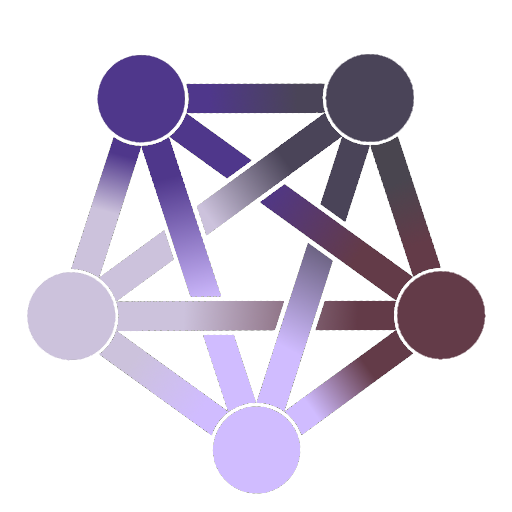Damn near a six year old tweet and it’s aged like wine.
can confirm
edit: actually, i cannot confirm, i don’t even have a printer in my house/apartment
And that printer is a B&W Brother Laser Printer with no wifi or bluetooth
This printer does rock. Unfortunately mine has WiFi.
Mine also has wifi. It’s plugged into the switch via Ethernet.
a printer is the last piece of tech you should ever let into your home network
You can have a lot of smart functionality and remain local-only (e.g., Home Assistant). All my smart devices are on their own VLAN with no Internet access — if something breaks it’s not the cloud’s fault, it’s mine.
Smart houses are a deathtrap 💀 imagine having to ask your overlord Alexa to open the door… any emergencies would like to have a word.
Thats just bad design. I get that you’re joking about it BTW, this is more of a general info comment on the reality.
A door lock should always have a mechanical locking method in addition to the electronic, or the electronic would need to default to open (mostly a security door thing for default open BTW, for fire emergency scenarios).
The same applies to anything else. I mentioned just yesterday that I have (aside from some wled managed lights, which are not critical use and dont need it) a physical button which can control my regular lights. Its a momentary switch and a relay, so I can control it automatically, or physically by pressing the button. If I press it, the state changes and its reflected in my home automation (home assistant, as others mentioned).
Next problem - Alexa/Google Home/etc. I personally would never use a commercial solution like theirs, but let’s say I did - it should only ever be an augment to the system not the sole means of control. So a spoken command should trigger an action, the same action that could be run by a local device (whether its a zigbee button, a wall mounted wired momentary, or even a trigger based on a PIR sensor - whatever).
I’d say a good design for a smart home includes local operation, withno internet connectivity requirement, and a physical method of managing any critical endpoint (door locks as the example above). Anything critical should also have a battery backup for continued operation, and in the case of something like a door lock, needs to default to a safe selection in case of both wired + battery failure.
Plenty of tech folks have a smart home. Most of the non enthusiast-style techs I know use home assistant, but all of them use a local system.
“I’m sorry Dave, I cannot do that.”
I only have a broken laser printer that runs off a parallel port and I’m scared to fix it.
Shit… I’ve been a tech worker all this time? Because except for the gun part, that’s me. But I prefer heavy solid objects to deliver destruction onto appliances.
In my experience, the more senior IT experts eventually come full circle and embrace the smart home lifestyle.
Know what divides a mid level engineer from a senior software engineer? The ability to reduce anything into a theoretically solvable problem and justified superstition
My exchanges often go “this should work, maybe rebuild?” And my response is always “let’s give it a try”… Because we’re two people who have seen a lot, have been burnt a lot… And 2/5 of the time, especially when we’re both scratching our heads and insisting this should work, it just does after our rituals
Junior software engineers understand the computer does exactly what you tell it. Software engineers understand computers do what you tell them… Except when they don’t for no comprehensible reason. Senior software engineers understand the computer requires the sacrifice of an unbloodied goat on Tuesdays with an odd date
Goddamn right.
The hardware is run on magic smoke. The software runs on that hardware. By extension, software is magic.







